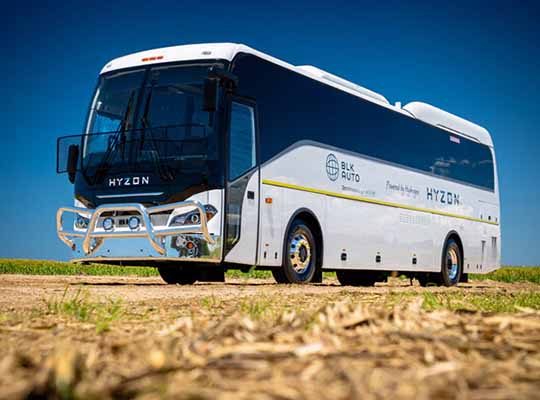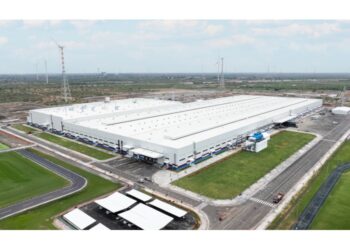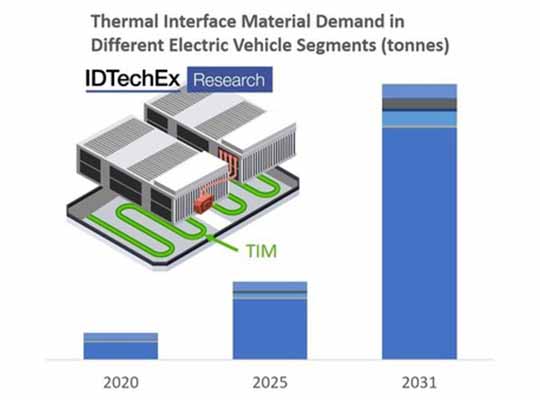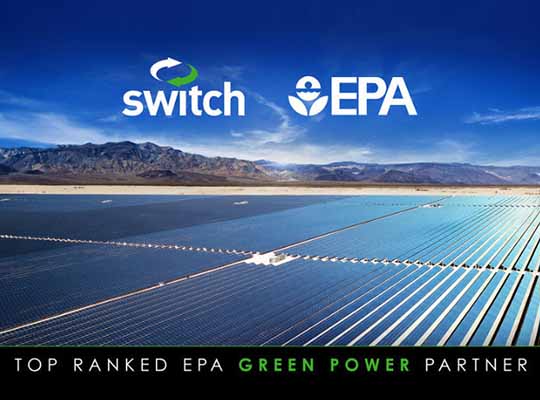ROCHESTER, N.Y. – Hyzon Motors Inc., a leading supplier of zero-emission, hydrogen fuel cell-powered commercial vehicles, unveiled its first zero-emission, fuel cell electric commercial coach in Brisbane last week. It is also the first fuel cell electric coach in Australia.
The coach completed its first refueling at a hydrogen refueling station in Redlands shortly after arrival, before being introduced via a virtual launch event.
The coach, which seats 50 passengers, has a range of up to 430 miles (700km) and motor power of 350 kilowatts. It is the first in a ten-coach order to be supplied into Australia; the remaining nine vehicles are in advanced stages of production.
Before delivery, the coach successfully completed a 9,300 mile (15,000km) durability test – the equivalent of driving from New York to Miami seven times. The initial coaches are designed to meet Australian standards, which include a right-hand drive configuration and a design temperature of 55 deg C. Hyzon plans to offer similar coaches to customers globally beginning in 2022.
Hyzon sees the commercial coach market as primed for hydrogen adoption: predictable routes lend themselves to few, highly-utilized refueling stations. Around-the-clock duty cycles require rapid refueling which fuel cell electric coaches deliver, with refueling times similar to the traditional diesel-powered coaches which they usually replace.
Coaches, which differ from city buses primarily by their raised floor and usage patterns, are deployed mainly in regional or intercity routes, for corporate transport as well as longer-haul public and private transit routes. Given the widespread applications, Hyzon is continuing to innovate with a near-term goal of developing a coach with 500 mile (800km) range.
Since delivery, the coach has attracted significant interest from local bus operators, representatives from various government departments, mining companies and tourism operators. With coach applications typically being more challenging than city bus operations for fuel cell electric buses, the possibilities for public transit are also clear for all to see, as transit agencies around Australia consider their options for decarbonizing bus operations.
The most populous state of New South Wales has already declared their intention to have their entire fleet of more than 8,000 buses operating with zero emissions by 2030, representing an enormous opportunity for fuel cell electric buses.
While initial Hyzon Australia vehicles will be imported from factories internationally, Hyzon expects to localize production of key platforms in Australia from 2022.













